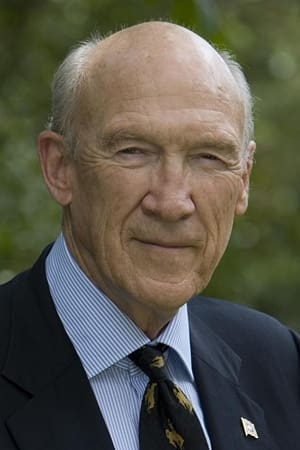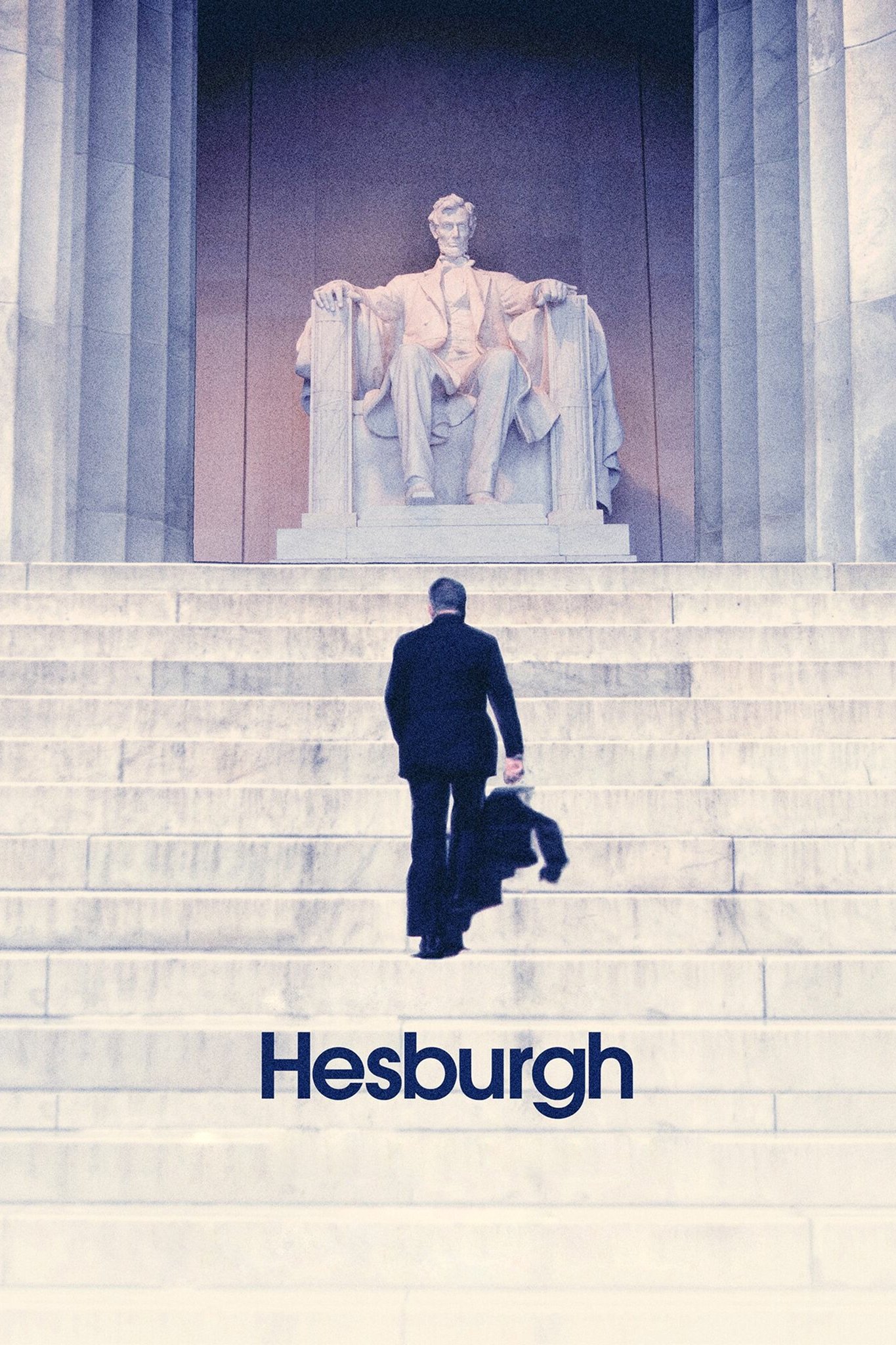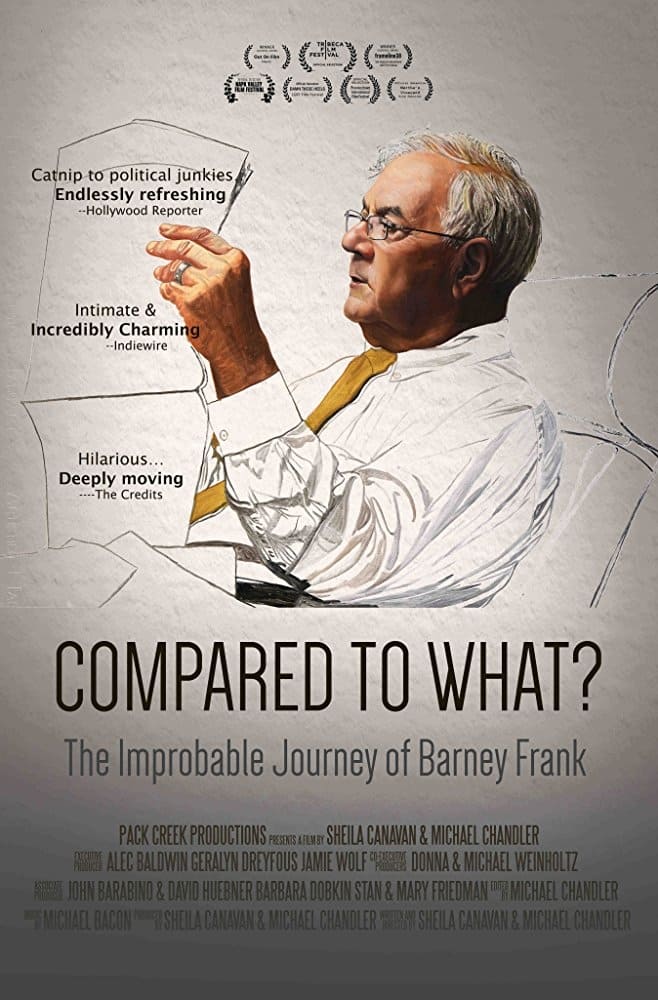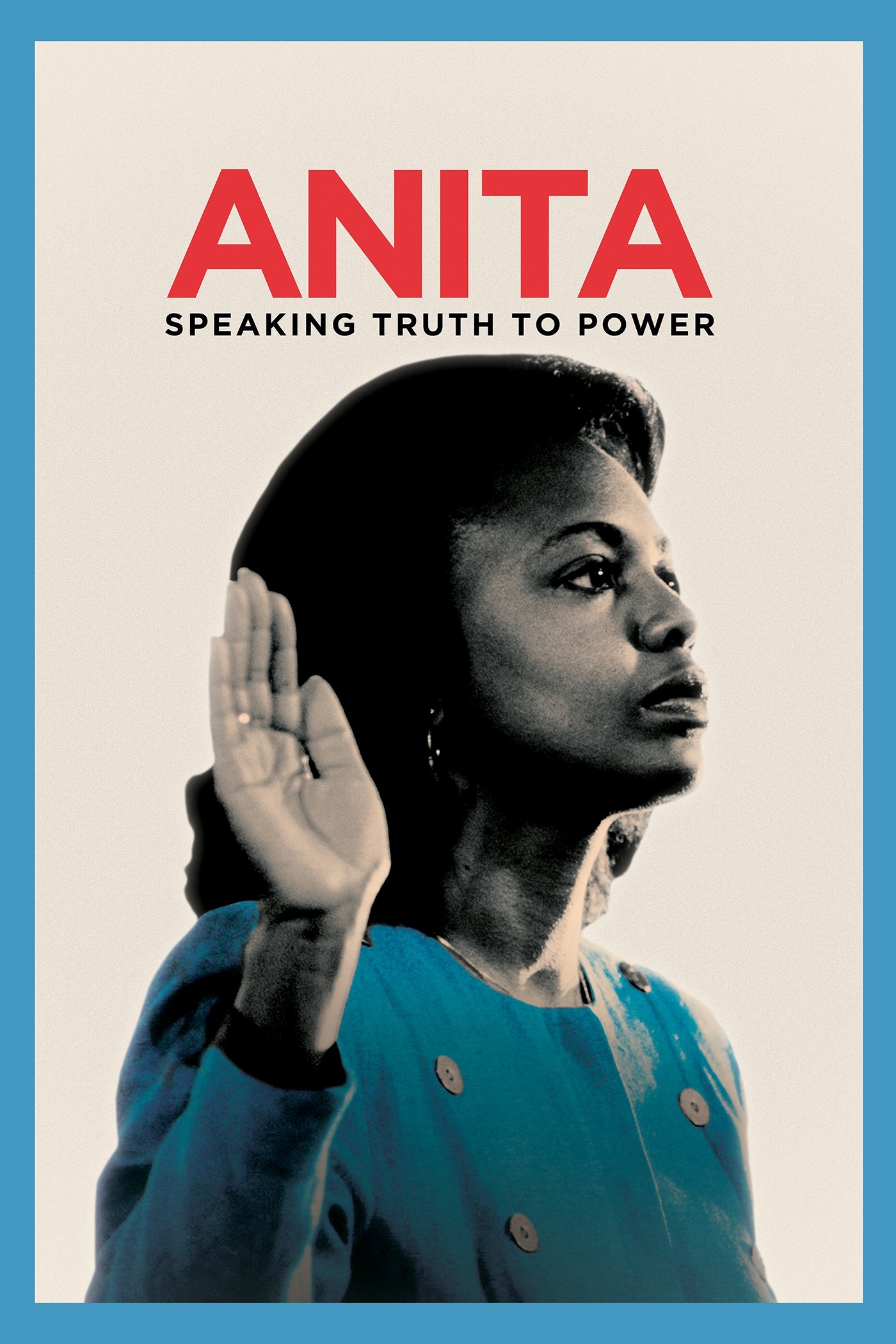

Violinist and songwriter Kishi Bashi travels on a musical journey to understand WWII era Japanese Incarceration, assimilation, and what it means to be a minority in America today.

He counseled presidents and popes, served on corporate boards and infuriated Richard Nixon. He was one of the only friends to whom Ann Landers turned for advice. During his 35 years as president of the University of Notre Dame, Theodore Hesburgh became one of the most influential and inspiring people of the 20th century.

An intimate portrait of recently retired Congressman Barney Frank, one of our most well-known and least understood political figures, this documentary alternates between deeply personal moments and the inner workings of our political process. Rare archival material and interviews reveal the emotional pain and harmful effects of a closeted life, the relief of coming out and the triumph of love through the Congressman's historic same-sex marriage. Frank's journey is our country's journey, a classic American story about a dedicated public servant who never loses hope.

The story of young, brilliant African-American Anita Hill who accuses the Supreme Court nominee Clarence Thomas of unwanted sexual advances during explosive Senate Hearings in 1991 and ignites a political firestorm about sexual harassment, race, power and politics that resonates today.

Based on Reich's 2010 book Aftershock: The Next Economy and America's Future, the film examines widening income inequality in the United States. U.S. Labor Secretary Robert Reich tries to raise awareness of the country's widening economic gap. He publicly argued about the issue for decades, and producing a film of his viewpoints was a "final frontier" for him. In addition to being a social issue documentary, Inequality for All is also partially a biopic regarding Reich's early life and his time as Secretary of Labor under Bill Clinton's presidency. Warren Buffett and Nick Hanauer, two entrepreneurs and investors in the top 1%, are interviewed in the film, supporting Reich's belief in an economy that benefits all citizens, including those of the middle and lower classes.
Alan Kooi Simpson (born September 2, 1931) is an American politician and member of the Republican Party, who represented Wyoming in the United States Senate (1979–1997). He also served as co-chair of the National Commission on Fiscal Responsibility and Reform with Democratic Party co-chair Erskine Bowles of North Carolina. Born in Denver, Colorado, Simpson graduated from the University of Wyoming's law school (1958). Simpson served in the Wyoming House of Representatives (1965–1977) and won election to the United States Senate (1978). His father, Milward Simpson, had served in the same seat (1962–1967). Simpson served as the Senate Republican Whip (1985–1995). After serving three terms in the Senate, Simpson declined to seek re-election in 1996. Since leaving office, Simpson has practiced law and taught at different universities. He also served on the Continuity of Government Commission, the American Battle Monuments Commission, and the Iraq Study Group. In 2010, President Barack Obama appointed him to co-chair the National Commission on Fiscal Responsibility and Reform, which made several recommendations on ways to reduce the national debt. He has been a vocal proponent of amending the U.S. Constitution to overturn Citizens United v. FEC (2010) and allow Congress to set reasonable limits on campaign spending in U.S. elections.
By browsing this website, you accept our cookies policy.